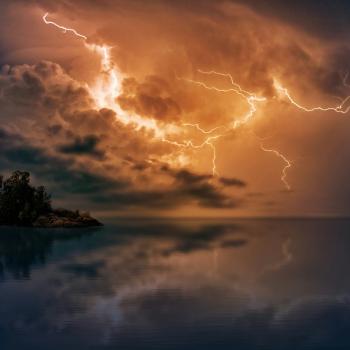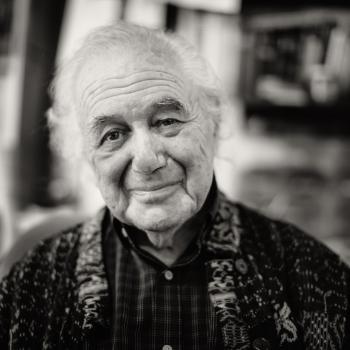Hill cites Thomas Edison as an example of someone who knew how to access the larger mind of Infinite Intelligence. When Edison needed to do some serious thinking, he would retreat to his basement, a place without sound and light. There, he would “receive” his ideas, much like a radio picking up the electromagnetic signal of a distant station.
Like Mark Twain before him, Edison expressed his own serious issues with organized religion and was claimed by the Atheists as one of their own. But the truth is Edison believed in a higher power, which he alternately referred to as the Infinite Intelligence (like Hill) or the Supreme Intelligence. As the Web site Philosophies of Men points out:
Edison specifically states that he believes in a Supreme Intelligence, but not the god of modern religions. Nature was Edison’s god, and he considered it a sentient force, an Intelligence. He was a pantheist, believing that everything is part of an all-encompassing immanent God, or that the Universe (or Nature) and God (or divinity) are identical.
When a newspaper article misread his belief in God, Edison cleared the air by stating “What you call God I call Nature, the Supreme Intelligence that rules matter”. He believed this intelligence pervaded the universe. In his words:
I know this world is ruled by Infinite Intelligence. It required Infinite Intelligence to create it and it requires Infinite Intelligence to keep it on its course. Everything that surrounds us-everything that exists-proves that there are Infinite Laws behind it. There can be no denying this fact. It is mathematical in its precision.
Edison’s belief in a direct connection between God and Nature was shared by Ralph Waldo Emerson. As my Patheos editor Kate Sheehan Roach recently pointed out, Emerson’s writings can be dense. So I have taken the liberty to edit the following passage from his classic Nature, replacing more obscure words and phrases with modern language. For Emerson, like Edison, God and nature were inseparable and he writes of the supreme power found there:
In the woods, a man casts off his years, like a snake sheds its skin. No matter his age, he is always a child. Within these plantations of God, holiness reigns. There I feel that nothing can harm me, there is no disgrace or calamity which nature cannot repair. Standing on the bare ground, my head cleansed by the clear air…all egotism vanishes. I become a transparent eyeball; I am nothing; I see all; the currents of the Universal Being circulate through me; I am part or particle of God.












